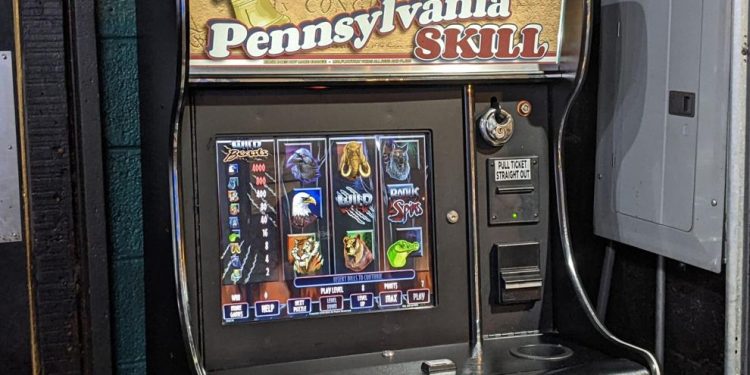By Anthony Hennen | The Center Square
(The Center Square) — As lawmakers haggle over how to deal with skill games, one analysis finds that more formal regulation of the gambling machines could bring more tax revenue into state coffers.
Its estimates, though, are less optimistic than Gov. Josh Shapiro’s.
An analysis of Shapiro’s budget proposals by the Independent Fiscal Office found that regulation of skill games would bring $103 million into the General Fund for fiscal year 2024-25, significantly less than Shapiro’s budget estimate of more than $150 million.
However, by fiscal year 2028-29, those revenues would rise to more than $420 million. The IFO assumes a 42% tax on daily gross gaming revenue (what Shapiro has proposed) and 15,000 machines generating $30,000 annually, rising to 29,000 machines by 2028-29.
Those calculations exclude skill games set up at private non-profit organizations like a VFW post.
Shapiro’s budget assumes the regulations would take effect on July 1, 2024, while the IFO analysis assumes a start date of March 1, 2025.
The skill games, similar to a slot machine but the outcome can be influenced by a person, have appeared across the commonwealth in gas stations, convenience stores, and bars in recent years. Proponents argue they could bring more than $300 million to the state’s tax coffers.
Pace-O-Matic manufactures the machines in Williamsport and estimates that it has 18,000 of them on the market in Pennsylvania. But other machines, including illegal ones, could number more than 70,000 statewide.
But the industry has faced a backlash. In March, Philadelphia City Council unanimously banned them from many places. Democratic legislators have floated a legislative memo to ban them statewide as well. And, during an October hearing, representatives from the casino industry called skill games an “existential threat” and “an insidious contortion that is worming its way into our social fabric.”
The Pennsylvania District Attorneys Association has also warned of an uptick in crime around skill games.




